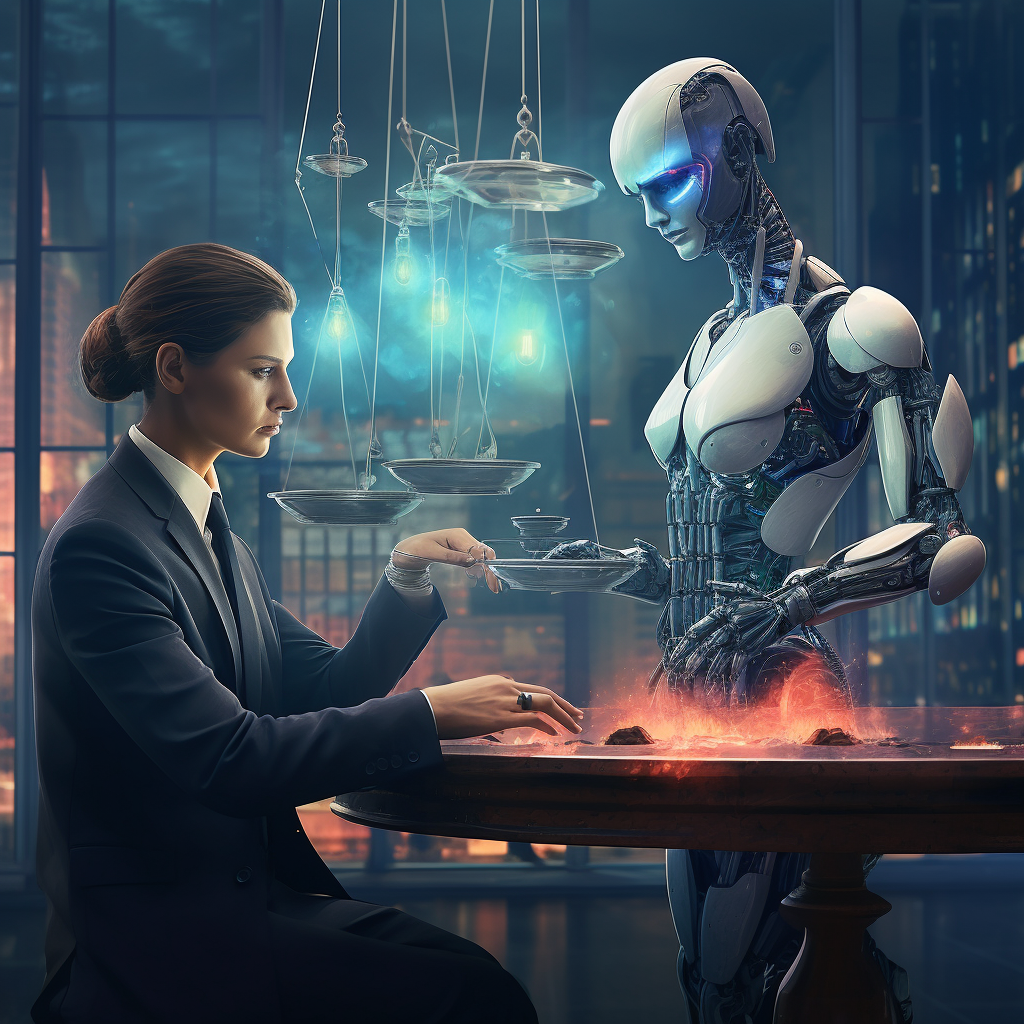
By J. Edward Moreno | The New York Times
The boom in artificial intelligence tools that draw on troves of content from across the internet has begun to test the bounds of copyright law.
Authors and a leading photo agency have brought suit over the past year, contending that their intellectual property was illegally used to train A.I. systems, which can produce humanlike prose and power applications like chatbots.
Now they have been joined in the spotlight by the news industry. The New York Times filed a lawsuit on Wednesday accusing OpenAI and Microsoft of copyright infringement, the first such challenge by a major American news organization over the use of artificial intelligence.
The lawsuit contends that OpenAI’s ChatGPT and Microsoft’s Bing Chat can produce content nearly identical to Times articles, allowing the companies to “free-ride on The Times’s massive investment in its journalism by using it to build substitutive products without permission or payment.”
“Generative AI products, like ChatGPT and Midjourney, have changed the way users interact with information. Generative AIs are trained on billions of works pulled from the internet, some in the public domain and some still protected by copyright. These sophisticated algorithms appear to produce new works from a user prompts, but are actually reproducing patterns and relationships of expressive elements—like words, colors, and shapes—from the AI’s training data. Generative AI does not understand the concepts in an article or what a picture represents, it only understands the expressive elements of the work, which are generally within the domain of copyright protection. AI companies rely on a broad interpretation of the fair use doctrine, but fair-use is context dependent and has never been applied to sanction unlimited uses as enabled by modern AI. There is no question that generative-AI products are already changing the markets for creative works and I think we’re likely to see a Napster-like decision in the next few years that will shake up the market for generative-AI products. We’ve already seen a pullback in VC funding for AI-focused startups, but that will undoubtedly return as the legal landscape for AI products develops. Investors enticed by this new breed of technology products should conduct thorough due diligence to insure any AI-related intellectual property is on a sound legal foundation.” -Paul Coble, AI, Web3 technology attorney and Chair of Rose Law Group intellectual property department





